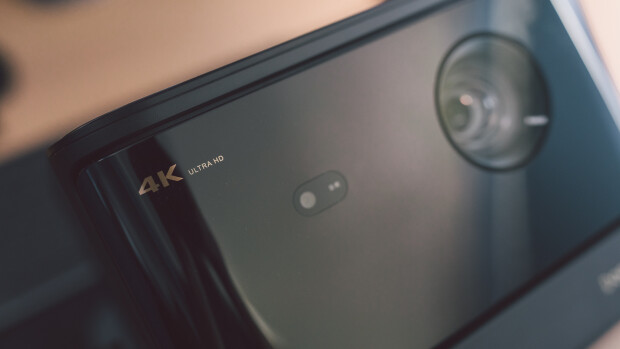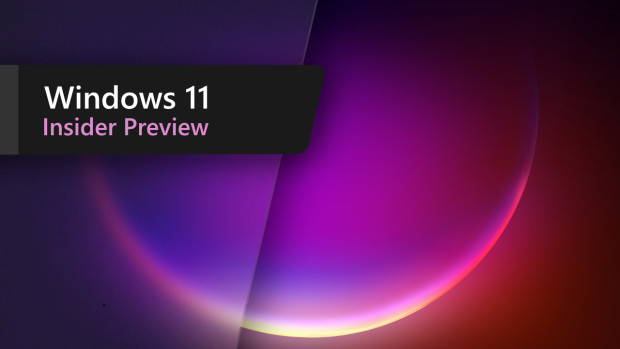
When Windows 11 was first announced, a lot of people were taken aback by the strict system requirements for the OS. CPUs from both AMD and Intel, that were only a couple of generations old, were deemed unsupported.
However, when it came to storage, the Redmond giant only mentioned 64GB of space but didn't specify any particular type or interface for the storage meaning that even spinning hard disk drives (HDDs) or potentially something even slower can be used for boot drives. And even with Windows 11 22H2 release preview, the firm has kept the same system requirements, though funnily the update was also offered to users with unsupported PCs due to a bug.
But things may change with the 23H2 Sun Valley 3 (SV3) feature update next year, or perhaps later with Windows 11 24H2 (SV4) as Microsoft could make it mandatory to have a fast NAND-based Solid State Drive (SSD) for boot.
In a recent interview with Tom's Hardware, John Chen, CEO of storage research firm TRENDFOCUS revealed that Microsoft is pushing OEMs and vendors behind the scene so that SSDs are made compulsory as boot drives. Chen added that it was originally planned for HDDs to be phased out this year but this has been pushed back to 2023-24. He explained that the transition is difficult as SSDs are still quite a bit more expensive than HDDs and hence balancing the capacity provided and cost of an SSD as boot drive is currently still not favorable financially for typical low budget PCs.
Here's his full statement:
The original cut-in date based on our discussions with OEMs was to be this year, but it has been pushed out to sometime next year (the second half, I believe, but not clear on the firm date)
OEMs are trying to negotiate some level of push out (emerging market transition in 2024, or desktop transition in 2024), but things are still in flux.
Although the general hardware requirements for Windows 11 still doesn't warrant an SSD, Microsoft has already made it mandatory for some of the features like running Android Apps, which also curiously doesn't support Ryzen 2000 (Zen+) CPUs even though the architecture is supported for Windows 11.
Source: Tom's Hardware
_small.jpg)


















73 Comments - Add comment